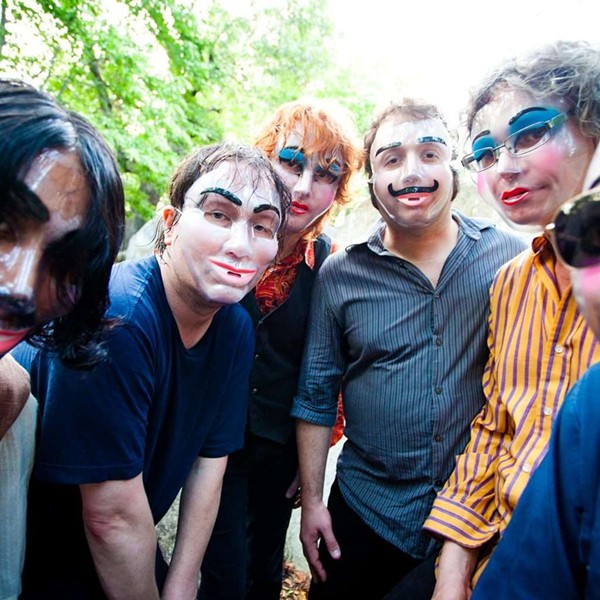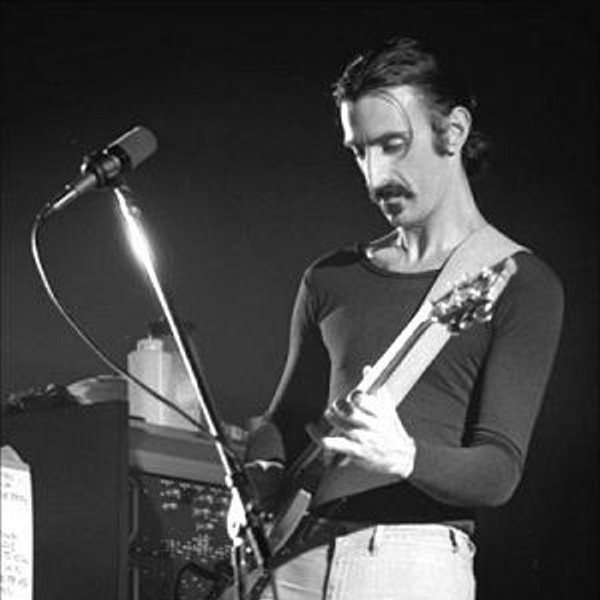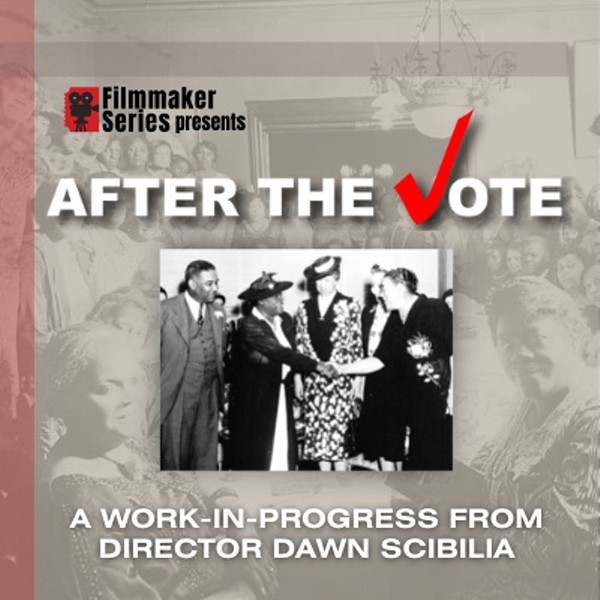The man behind the legendary photo of James Dean walking through Times Square in the rain faked his way into his profession.
The year after Dennis Stock won Life's Young Photographers contest in 1951, he traveled to Ethiopia touting his camera and the false title of a Life photographer on assignment. After receiving permission to photograph the daily activities of Emperor Haile Selassie II, including a portrait of the Ethiopian Imperial Royal family, Stock returned to America, sold the pictures to Life, and traded in his assumed title for a real one.
Hanna Sawka's documentary Beyond Iconic: Photographer Dennis Stock sheds light on the personal life and artistic philosophy of the late photographer who captured some of the most recognizable images of the 1950s and '60s, including shots of Miles Davis, Marilyn Monroe, and the counterculture movement.
Stock, a member of Magnum Photos, learned his craft under a four-year apprenticeship with Gjon Mili, a master photographer for Life and father figure to Stock. Mili once told his apprentice he would never be a photographer, but Stock disregarded the comment.
The documentary was filmed locally at Stock's Woodstock home and the Omega Institute in Rhinebeck, where he was teaching for five days. In the workshop scenes, Stock's aptitude for photography and framing distills into brutally honest criticism. He denounces Photoshop and photographic affectation, and tells the attendees to forget their humility, trust their convictions, and "take goddamn pictures."
For Stock, photography was not just capturing life, but "an expression of passion" that hinged on life and death. He believed every photo should be a "masterpiece"—composed carefully, critiqued unsentimentally, and brimming with energy. "You must be glorious with your own imagery and how you share it with others," Stock says.
Sawka's relationship with Stock extended beyond the professional—he was also a friend of her father, the artist Jan Sawka. After sifting through thousands of images with Stock, Sawka did something most directors don't do—she edited her own film. "In a documentary, you have all these unplanned things which make it wonderful," she says. "You write a screenplay—not to adhere to it, but to give you direction—and it will turn out differently. You push it in a direction, life happens, and you capture it. You build the final film on the editing table."
After suffering a major health crisis in the winter of 2008, Stock (who died in January 2010) was sensitive to the idea that life was not guaranteed and what kind of legacy he would leave behind. He believed artists should aim to leave behind more than a gravesite—they should produce images of "timelessness." "I just want to alleviate some of the suffering we tend to go through as human beings by producing and leaving behind some beauty and humor," Stock says. "I think it's a marvelous way of saying I've been here. It's better than a headstone."
The film ends with a scene of Stock taking photographs at Woodstock's weekly drum circle on the green. He pauses before each click of the camera as black-and-white images he took over the course of his life are spliced in at an increasing speed. "The past kind of cuts into the present," Sawka says. "There's a theme in the film of photography being a rebellion from death and here was an artist at the end of his life."
Beyond Iconic: Photographer Dennis Stock will be screened at Upstate Films/Woodstock on Sunday, March 3, at 1:30pm. After the film, Sawka will hold a discussion followed by a reception at the Center for Photography at Woodstock, where John Menegon and Teri Roiger, who wrote the film's score, will perform. (845) 679-6608; Upstatefilms.org.
















